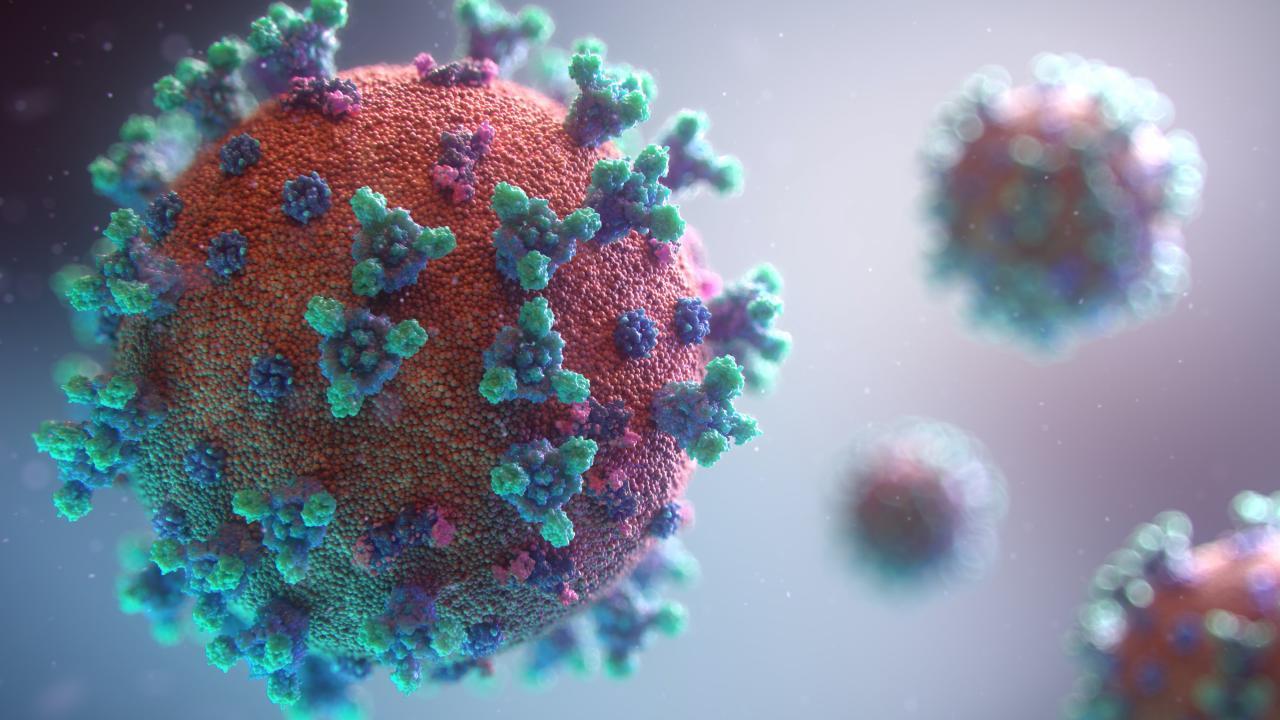According to scientists from the Wuhan University in China, NeoCov can penetrate human cells in the same way as SARS-CoV-2

Photo for representational purpose. Pic/ istock
Chinese researchers have detected a new type of coronavirus among bats in South Africa. While research claims it has latent ability to mutate, the World Health Organisation has said its potential needs further clarity.
ADVERTISEMENT
According to scientists from the Wuhan University in China, NeoCov can penetrate human cells in the same way as SARS-CoV-2.
It is the closest relative to Middle East Respiratory Syndrome coronavirus (MERS-CoV)
"It is only one mutation away from becoming dangerous for humans," researchers said in a paper posted on preprint website bioRxiv, and not peer-reviewed yet.
However, according to the WHO, the question of whether the NeoCov coronavirus, recently discovered in bats in South Africa, poses a threat to humans, requires further study.
"Whether the virus detected in the study will pose a risk for humans will require further study," the health body was quoted as saying to TASS news agency.
The WHO added that it "works closely" with the World Organisation for Animal Health (OIE), the Food and Agriculture Organisation (FAO) and the UN Environment Program (UNEP)in order to "monitor and respond to the threat of emerging zoonotic viruses."
The WHO told TASS that its experts were aware of this research, and "thank the researchers for sharing their findings in a preprint."
"Animals, particularly wild animals, are the source of more than 75 per cent of all emerging infectious diseases in humans, many of which are caused by novel viruses. Coronaviruses are often found in animals, including in bats which have been identified as a natural reservoir of many of these viruses," the global body said.
The Chinese scientists said that they "unexpectedly found that NeoCoV and its close relative, PDF-2180-CoV, can efficiently use some types of bat Angiotensin-converting enzyme 2 (ACE2) and, less favourably, human ACE2 for entry".
The study "demonstrates the first case of ACE2 usage in MERS-related viruses, shedding light on a potential bio-safety threat of the human emergence of an ACE2 using 'MERS-CoV-2' with both high fatality and transmission rate".
Notably, the infection could not be cross-neutralised by antibodies targeting SARS-CoV-2 or MERS-CoV, the researchers said.
Meanwhile, Russian scientists that noted the discovery of this variety shows that the variants of viruses capable of binding to human receptors without any adaptation are already circulating directly in the wild, TASS reported.
Yet, it is difficult to assess its dangers, Head of the Biotechnology Laboratory of the Gamaleya Center Sergey Alkhovsky was quoted as saying.
"This is a rather serious, interesting discovery but it is very difficult to estimate the direct danger of this particular strain. We can state that there is a multitude of these strains circulating in the wild and we need to study this multitude, this genetic diversity and promote research in this area," he said at the meeting of the Scientific Council of the Russian Academy of Sciences.
This story has been sourced from a third party syndicated feed, agencies. Mid-day accepts no responsibility or liability for its dependability, trustworthiness, reliability and data of the text. Mid-day management/mid-day.com reserves the sole right to alter, delete or remove (without notice) the content in its absolute discretion for any reason whatsoever.
 Subscribe today by clicking the link and stay updated with the latest news!" Click here!
Subscribe today by clicking the link and stay updated with the latest news!" Click here!







